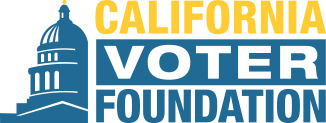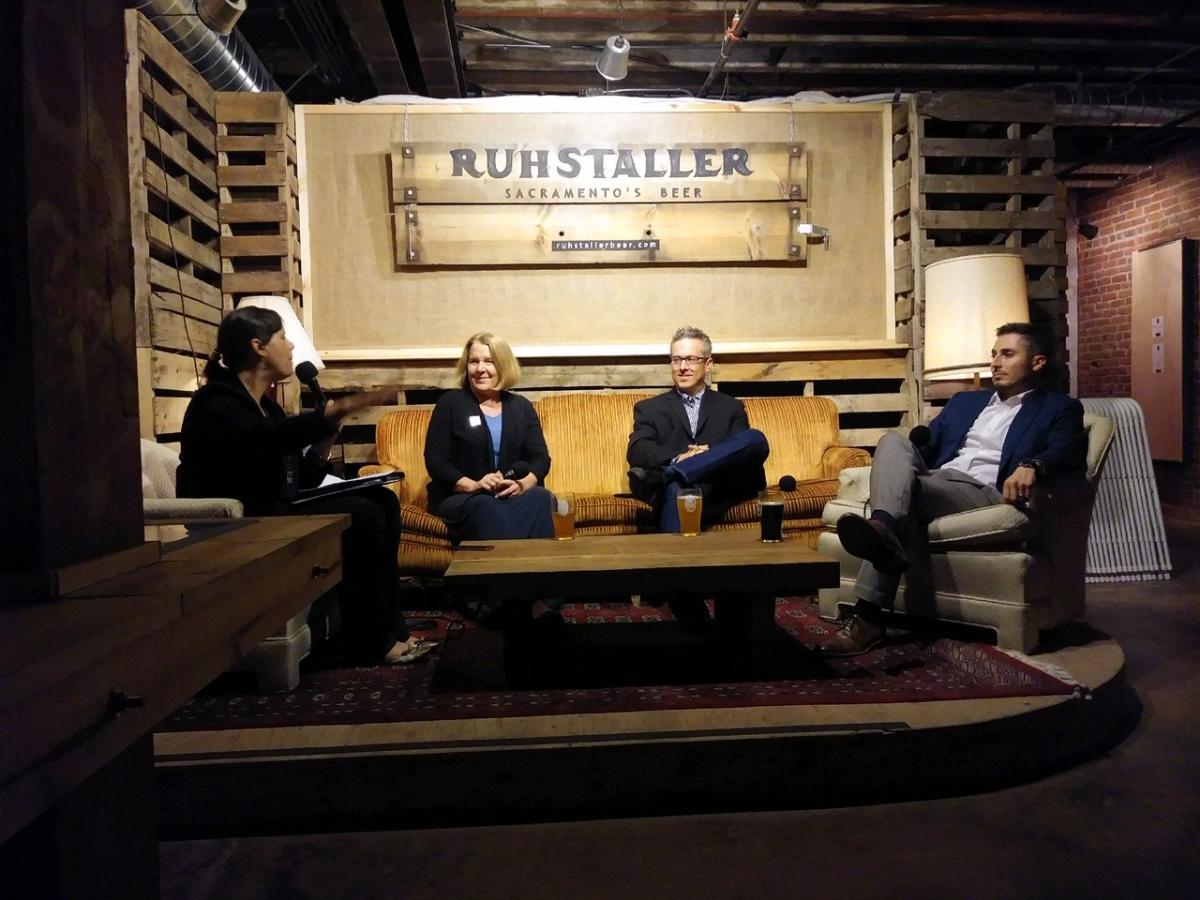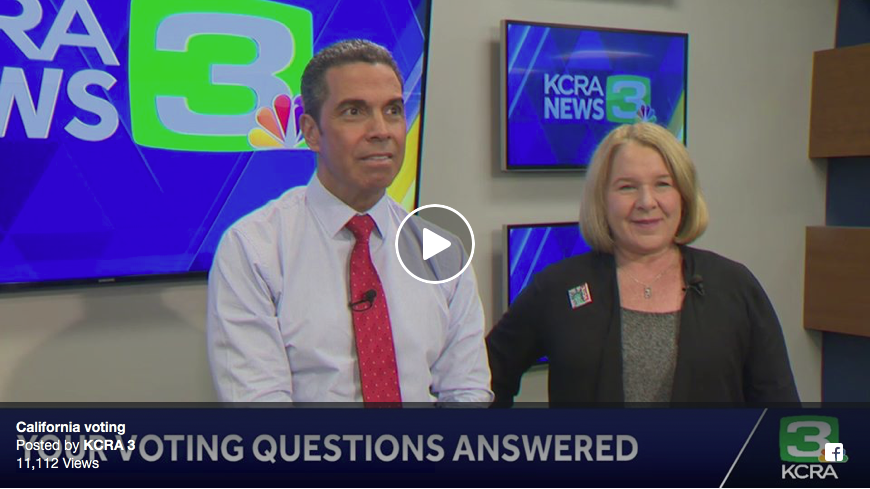Excerpt:
A national effort to bypass the Electoral College and pick the president by popular vote — which may or may not be constitutional — is picking up new support and moving closer to success.
Governors in Colorado, New Mexico and Delaware are poised to sign the National Popular Vote compact, under which states would pledge to give all their electoral votes to the candidate who collects the most votes nationwide. California, 10 other states and the District of Columbia already have joined the compact, which would take effect if states holding 270 electoral votes, the number needed to elect a president, sign on.


 On November 8th, two days after the November General Election, CVF president Kim Alexander participated in a candid post-election discussion hosted by California Groundbreakers at Ruhstaller Brewing in downtown Sacramento. A
On November 8th, two days after the November General Election, CVF president Kim Alexander participated in a candid post-election discussion hosted by California Groundbreakers at Ruhstaller Brewing in downtown Sacramento. A  On Election Eve, CVF President Kim Alexander joined KCRA TV News anchor Gulstan Dart on Facebook Live to answer last-minute voting questions. (
On Election Eve, CVF President Kim Alexander joined KCRA TV News anchor Gulstan Dart on Facebook Live to answer last-minute voting questions. (